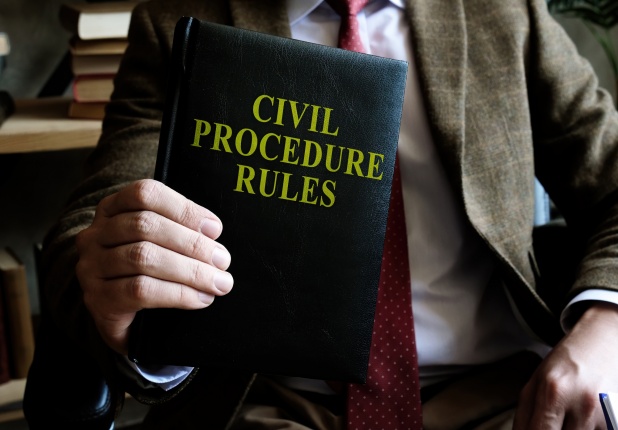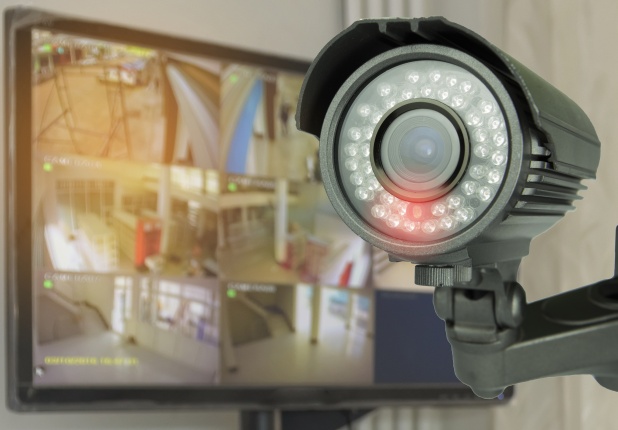The E-Discovery Problem of “Modern” Attachments: Case Trends in the Production of Hyperlinked Documents
Have you ever given much thought to what constitutes a “family” of documents when producing electronically stored information (“ESI”)? Even if you are an E-discovery attorney, you very well may not have. After all, it is pretty straight forward, isn’t it? An email and all its attachments are a document family. Sometimes, you have a document with embedded files or images that may be split off into separate documents in the collection or processing process. That document and its embedded files are a document family. And . . . that’s pretty much it, right? Well, not so fast. As cloud storage and collaboratively shared documents become more popular, we are seeing increasing numbers of emails that have hyperlinks to documents rather than conventional attachments. So, are hyperlinked documents part of a family? How are the courts handling these issues?









